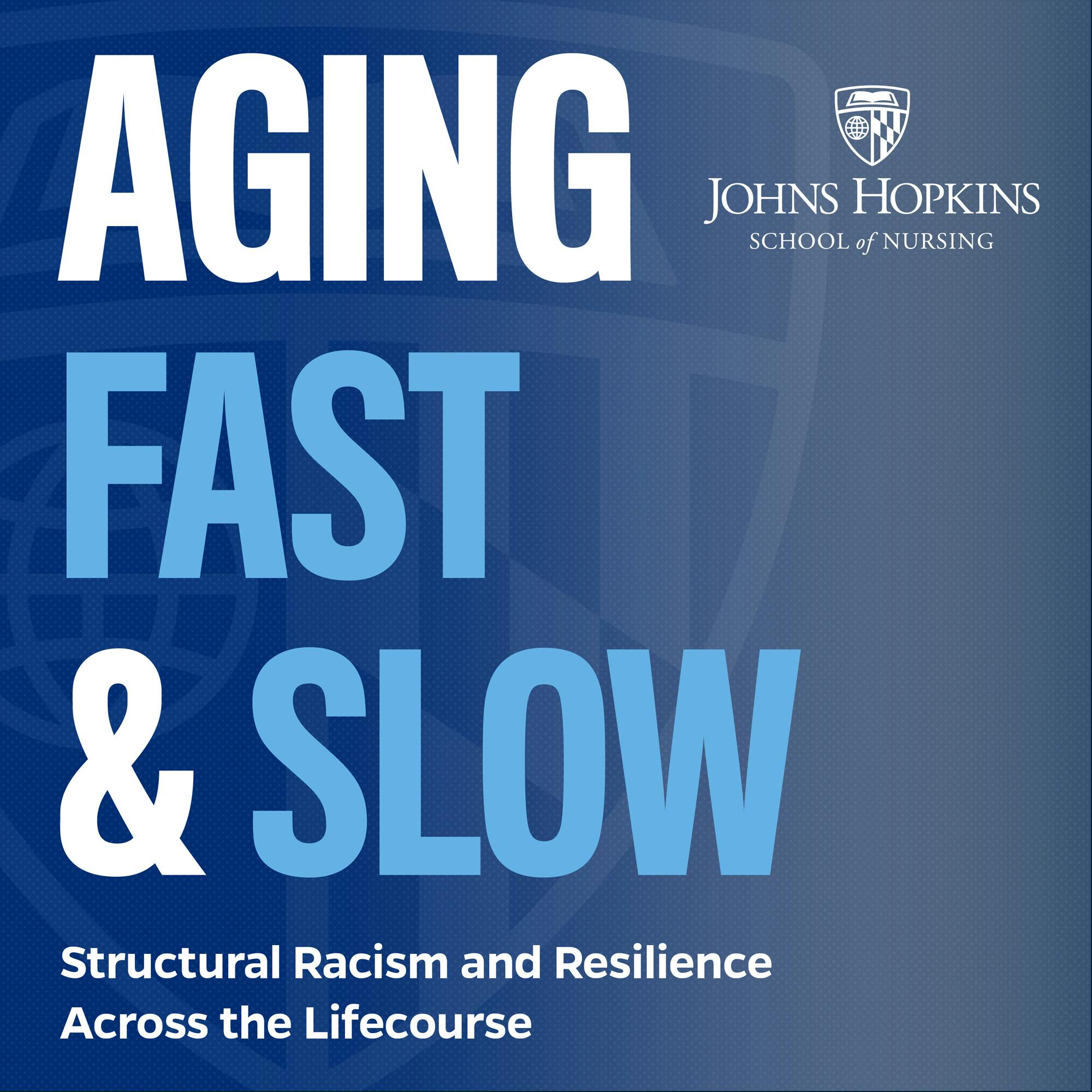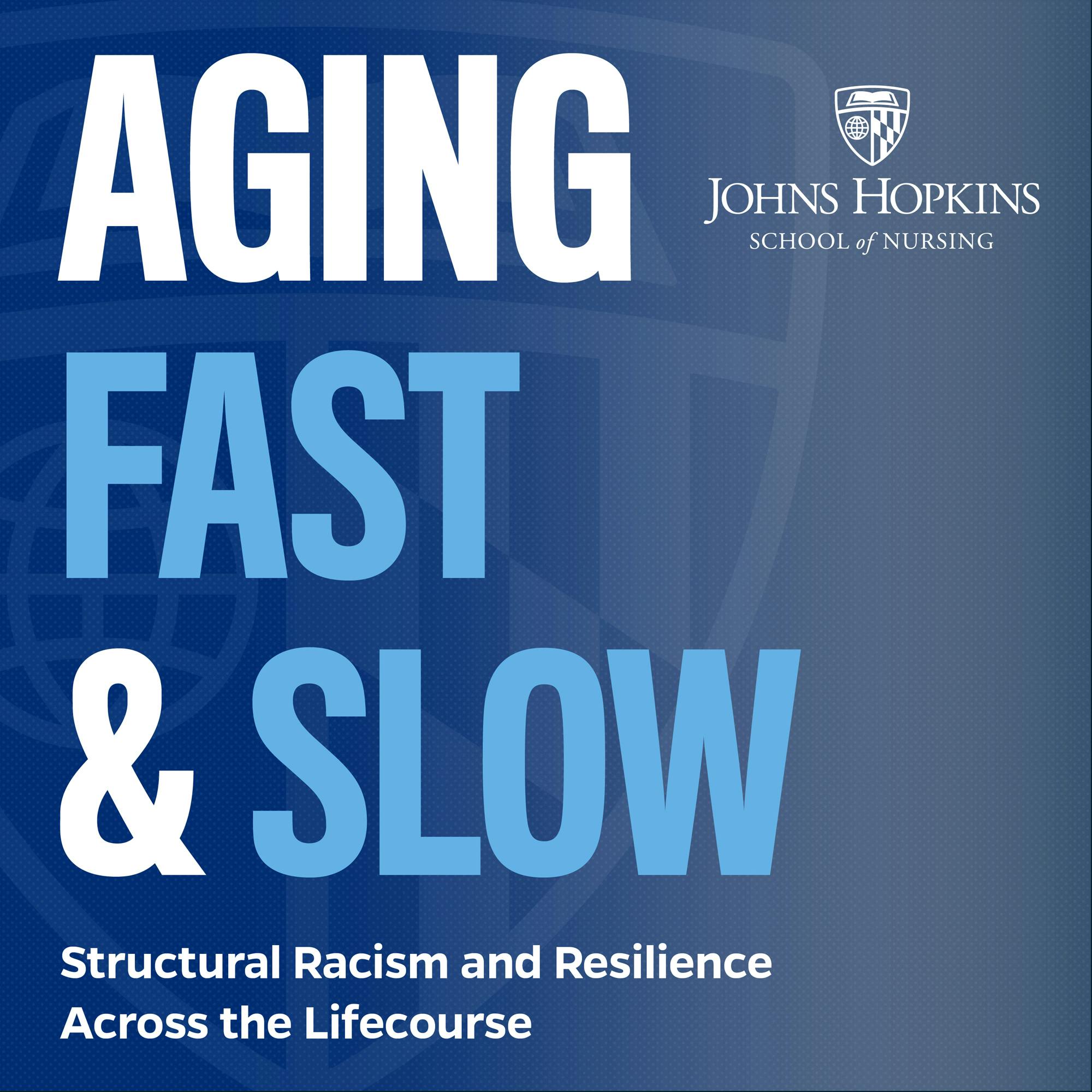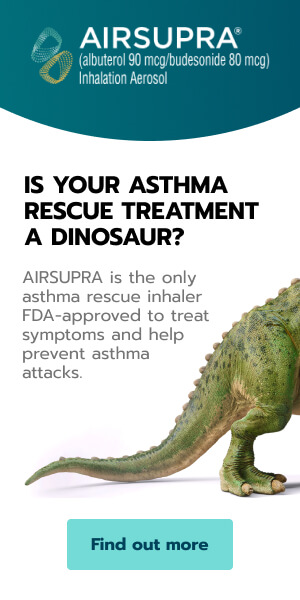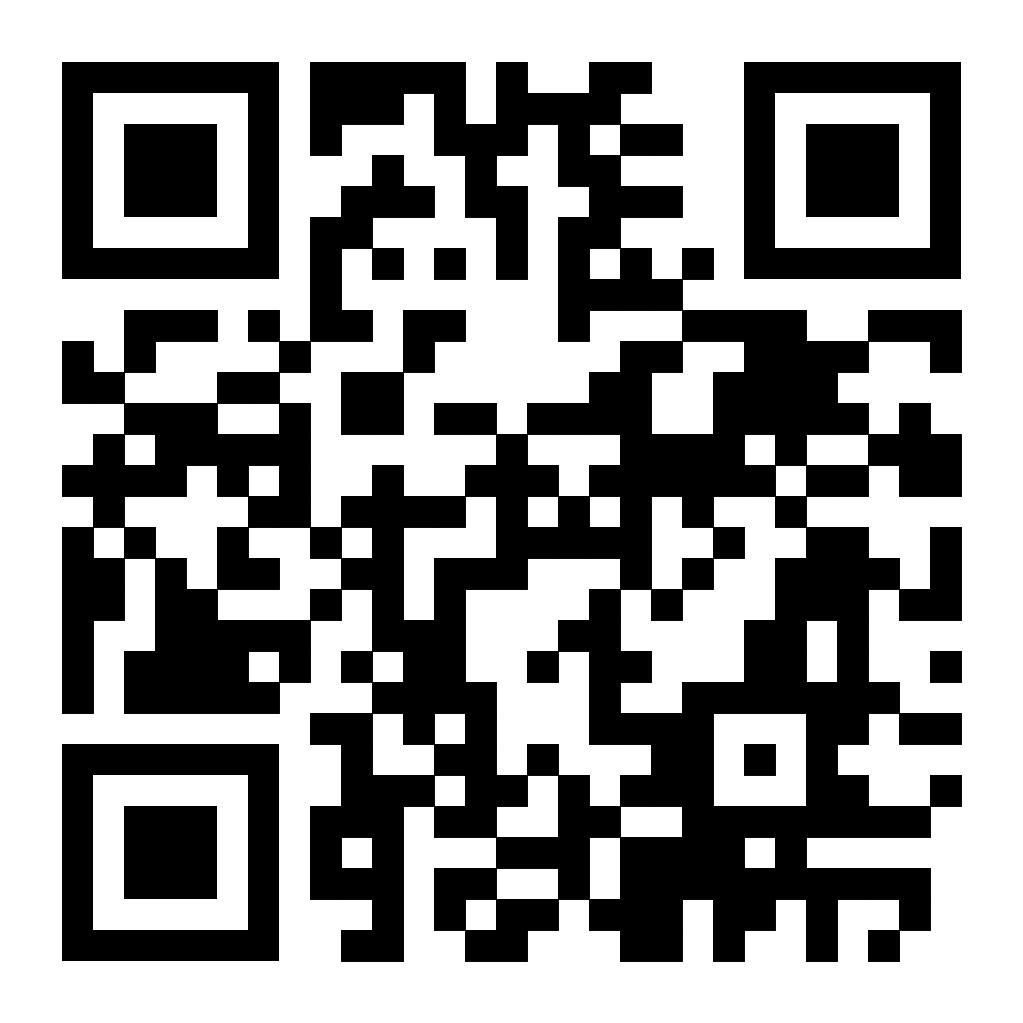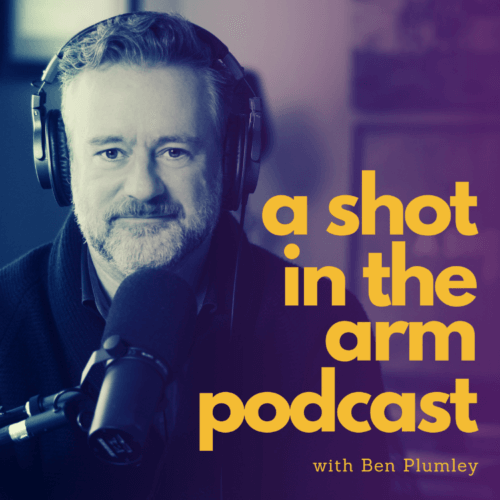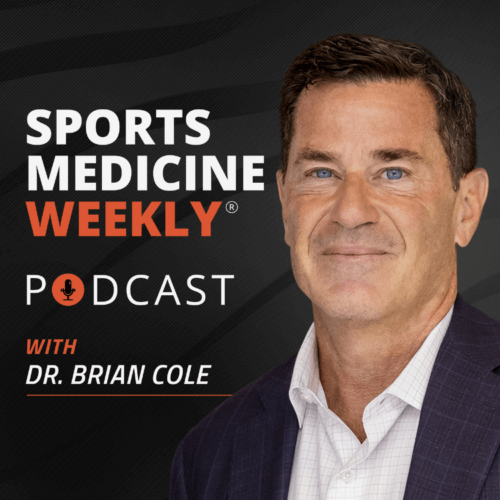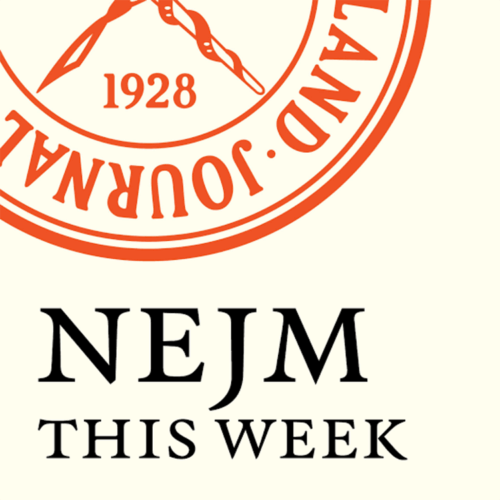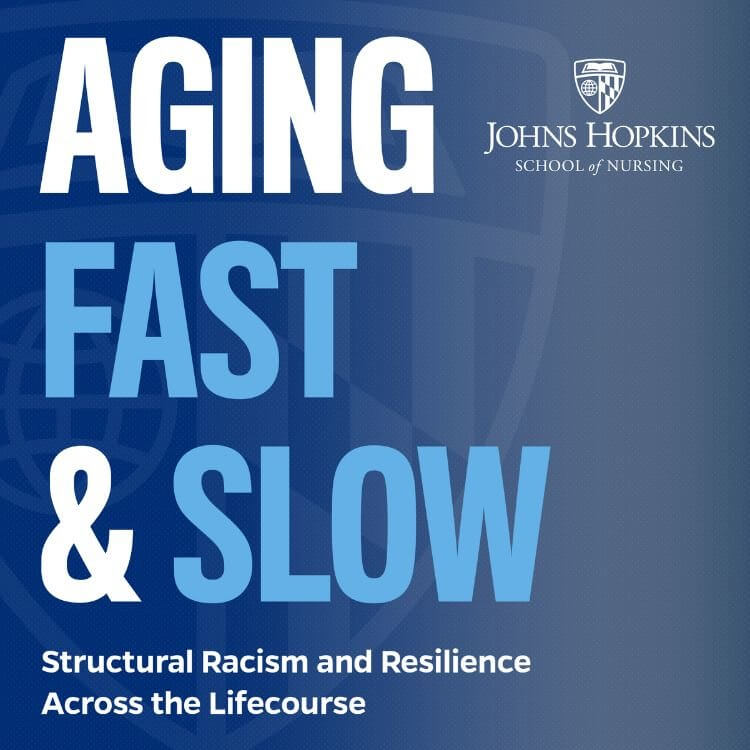
Aging Fast & Slow
Conversations on Structural Racism and Resilience across the Lifecourse
Beyond the Meal: Rethinking Support for Older Adults
In this episode of Aging Fast & Slow, we explore how home- and community-based services—like Meals on Wheels—can enhance the well-being of older adults. Dr. Kali Thomas, Associate
Director of Health Services Research at the Johns Hopkins School of Nursing’s Center for Equity in Aging, joins us to discuss the evolving landscape of long-term care. From in-home support to assisted living, we examine innovative policies and approaches designed to meet both the medical and non-medical needs of our aging population.
References:
Home-Delivered Meals
Thomas KS, Parikh R, Zullo AR, Dosa D. (2018) Home-Delivered Meals and Risk of Self-Reported Falls: Results From a Randomized Trial. J Appl Gerontol. 2018 Jan;37(1):41-57. PMID: 27798291.
Thomas KS, Smego R, Akobundu U, Dosa D. (2017) Characteristics of Older Adults on Waiting Lists for Meals on Wheels: Identifying Areas for Intervention. J Appl Gerontol. 2017 Oct;36(10):1228-1242. PMCID: PMC4877281.
Thomas KS, Akobundu U, Dosa D. (2016) More Than A Meal? A Randomized Control Trial Comparing the Effects of Home-Delivered Meals Programs on Participants’ Feelings of Loneliness. J Gerontol B Psychol Sci Soc. Sci. 2016 Nov;71(6):1049-1058. PMID: 26613620
Thomas KS, Mor V. (2013) Providing more home-delivered meals is one way to keep older adults with low care needs out of nursing homes. Health Aff (Millwood). 2013 Oct;32(10):1796-1802. PMCID: PMC4001076.
Thomas KS, Gadbois EA, Shield RR, Akobundu U, Morris AM, Dosa DM. (2018) “It’s not just a simple meal. t’s so much more”: Interactions between Meals on Wheels Clients and Divers. J Appl Gerontol. 2018 Dec 20:733464818820226 [Epub ahead of print]. PMID: 30569811.
April 1, 2025
The Best of Aging Fast & Slow: A Recap of Powerful Conversations
Join hosts Drs. Sarah Szanton and Deidra Crews for a special segment as they recap highlights from past episodes on structural resilience. From enlightening dialogues on health equity to inspiring advice from researchers, they revisit key moments and share their reflections on the insights gained. Whether you’re a longtime listener or new to the show, this episode offers peak moments to savor from many perspectives.
December 18, 2024
The Power of Social Connection for Community Well-Being
Social connection is vital to community well-being. It fosters support, resilience, and a shared sense of belonging that strengthens both individuals and the community as a whole. In this episode of Aging Fast & Slow, we explore the impact of social connection on community resilience. Dr. Thomas Cudjoe from Johns Hopkins School of Medicine shares research on how isolation affects health and community strength and strategies to foster social connection. Tune in to learn how we can build more connected, resilient communities.
REFERENCES:
Cudjoe TKM, Boyd CM, Wolff JL, Roth DL. Advance care planning: Social isolation matters. J Am Geriatr Soc. 2020 April.
Cudjoe TKM, Kotwal AA. Social distancing amid a crisis in social isolation and loneliness. J Am Geri Soc 2020 May 20.
Cudjoe TKM, Roth DL, Szanton SL, Wolff JL, Boyd CM, Thorpe Jr., RJ. The epidemiology of social isolation: National Health & Aging Trends Study. J Gerontol B Psychol Sci Soc Sci. 2020 Jan 1.
Cudjoe TKM, Selvakumar S, Chung S, Latkin CA, Roth DL, Thorpe Jr., RJ, Boyd CM. (2021). Getting under the Skin: Social isolation and biological markers in the National Health and Aging Trends Study. Journal of the American Geriatrics Society.
Golden SH, Cudjoe TKM, Galiatsatos P, Brownlee D, Flanagan E, Crews DC, Maruthur N, Brown M, Ashby A, Hellmann DB, Knox T, Anderson ME. A perspective on the Baltimore Freddie Gray riots: Turning tragedy into civic engagement and culture change in an academic department of medicine. Acad Med. 2018 December.
October 1, 2024
Taste of it! Lessons learned studying Meals on Wheels and other supports for older adults
In this episode of Aging Fast & Slow, we delve into ways to improve the quality of life of older adults needing home- and community-based services. We are joined by Dr. Kali Thomas, Associate Director of Health Services Research in the Center for Equity in Aging at Johns Hopkins School of Nursing. Dr. Thomas' research spans the long-term services and supports continuum, ranging from in-home services to long-term care in assisted living communities. Together we explore these critical issues and discuss innovative approaches and policies to meet the comprehensive medical and non-medical needs of our aging population.
References:
Home-Delivered Meals
Thomas KS, Parikh R, Zullo AR, Dosa D. (2018) Home-Delivered Meals and Risk of Self-Reported Falls: Results From a Randomized Trial. J Appl Gerontol. 2018 Jan;37(1):41-57. PMID: 27798291.
Thomas KS, Smego R, Akobundu U, Dosa D. (2017) Characteristics of Older Adults on Waiting Lists for Meals on Wheels: Identifying Areas for Intervention. J Appl Gerontol. 2017 Oct;36(10):1228-1242. PMCID: PMC4877281.
Thomas KS, Akobundu U, Dosa D. (2016) More Than A Meal? A Randomized Control Trial Comparing the Effects of Home-Delivered Meals Programs on Participants’ Feelings of Loneliness. J Gerontol B Psychol Sci Soc. Sci. 2016 Nov;71(6):1049-1058. PMID: 26613620
Thomas KS, Mor V. (2013) Providing more home-delivered meals is one way to keep older adults with low care needs out of nursing homes. Health Aff (Millwood). 2013 Oct;32(10):1796-1802. PMCID: PMC4001076.
Thomas KS, Gadbois EA, Shield RR, Akobundu U, Morris AM, Dosa DM. (2018) “It’s not just a simple meal. It’s so much more”: Interactions between Meals on Wheels Clients and Drivers. J Appl Gerontol. 2018 Dec 20:733464818820226 [Epub ahead of print]. PMID: 30569811.
Title III State Expenditures on In-Home Services
Thomas KS. (2014) The relationship between Older Americans Act in-home services and low-care residents in nursing homes. J Aging Health. 2014 Mar;26(2):250-260. PMCID: PMC4112387.
Veteran-Directed Care / Self-Directed Care
Yuan Y, Thomas KS, Frakt AB, Pizer SD, Garrido MM. (2019) Users Of Veteran-Directed Care And Other Purchased Care Have Similar Hospital Use And Costs Over Time. Health Affairs. 2019. 38(6):1037-104569.
Thomas KS, Allen SM. (2016) Interagency partnership to deliver Veteran-Directed Home and Community-Based Services: Interviews with Aging and Disability Network agency personnel regarding their experience with partner Department of Veterans Affairs medical centers. J Rehabil Res Dev. 2016;53(5):611-618. PMID: 27898159.
Yuan Y, Thomas KS, Van Houtven CH, Price ME, Pizer SD, Frakt AB, Garrido MM. (2022) Fewer potentially avoidable health care events in rural veterans with self-directed care versus other personal care services. J Am Geriatr Soc. 2022 May;70(5):1418-1428. doi: 10.1111/jgs.17656. Epub 2022 Jan 13. PMID: 35026056; PMCID: PMC9106846
Access to Benefits
Thomas KS, Corneau E, Van Houtven C, Aron D, Dosa D, Allen SM. (2021) Inequities in Access to VA’s Aid and Attendance Pension Benefit to Finance Veterans’ Long-Term Care. Health Serv Res. 2021 Jun;56(3):389-399. PMID: 33634467; PMCID: PMC8143693.
Kennedy KA, Corneau E, Rickard T, Mills WL, Thomas KS. VA Social Workers Identify Factors Predictive of Enrollment and Variability in Veterans’ Access to Aid and Attendance Benefits. J Gerontol Soc Work. 2023 Jul 24:1-21. PMID: 37483074
August 2, 2024
Resilient Roots: Indigenous Health Equity
Join us for this episode of Aging Fast & Slow as we explore the structural resilience of Indigenous Peoples amidst systemic inequities. Dr. Allison Kelliher, Associate Faculty for Indigenous Knowledge and Practice Systems at Johns Hopkins School of Nursing, sheds light on pathways to positive change and health equity. With her unique background as an Alaska Native Traditional Healer and Integrative Physician, Dr. Kelliher offers invaluable insights into promoting resilience and well-being among Indigenous communities.
References
United Nations Economic and Social Council. Indigenous determinants of health in the 2030 Agenda for Sustainable Development. April 2023.
Kelliher, A et al. Indigenous determinants of health: a unified call for progress. The Lancet. June 21, 2023.
Kelliher, A et al. Status of Maternal Cardiovascular Health in American Indian and Alaska Native Individuals: A Scientific Statement From the American Heart Association. Circulation: Cardiovascular Quality and Outcomes. June 2023.
May 7, 2024
Policy Pathways to Community Resilience
Policies are pivotal for shaping the structural resilience of communities, influencing their ability to navigate and overcome adversity. In this episode, we are joined by Dr. Vincent Guilamo-Ramos, Director of The Institute for Policy Solutions at the Johns Hopkins School of Nursing, to explore how policies, social determinants of health, and structural resilience intersect to shape community well-being and examine how thoughtful policy frameworks can either bolster or hinder a community's ability to overcome adversity.
References
Guilamo-Ramos V et al. Nurse-led approaches to address social determinants of health and advance health equity: A new framework and its implications. Nursing Outlook. November/December 2023.
Guilamo-Ramos V et al. Paternal Communication and Sexual Health Clinic Visits Among Latino and Black Adolescent Males With Resident and Nonresident Fathers. Journal of Adolescent Health. September 2023.
Guilamo-Ramos V et al. Community-engaged Mpox vaccination provides lessons for equitable health care in the United States. Nature Medicine. September 2023.
April 2, 2024
Building Resilient Communities
Ongoing research is shedding light on the complex dimensions of structural resilience. In this episode, we are joined by Dr. Kamila Alexander, an Associate Professor at Johns Hopkins School of Nursing. Dr. Alexander's research focuses on understanding how socio-structural factors impact health outcomes of marginalized youth, particularly regarding trauma, violence, and sexual, mental, and reproductive health. She shares insights from her work on how communities can overcome challenges, utilize resources, and promote sustainable development despite facing adversity.
References
Alexander KA et al. Intervention Approaches to Address Intimate Partner Violence and HIV: a Scoping Review of Recent Research. Current HIV/AIDS Reports. September 2023.
Alexander KA et al. Contraceptive Use Among Women Experiencing Intimate Partner Violence and Reproductive Coercion: The Moderating Role of PTSD and Depression. Violence Against Women. February 2023.
Alexander KA et al. Having a Child Meant I had a Real Life: Reproductive Coercion and Childbearing Motivations Among Young Black Men Living in Baltimore. Journal of Interpersonal Violence. June 2019.
Alexander KA, Szanton SL, et al. Life Space and Activity Space Measurement: Making ‘Room’ for Structural Racism. The Gerontogist. November 2023.
March 4, 2024
Stronger Together: Resilience and Civic Action
This episode delves into the powerful connection between resilience and civic engagement that enables underserved communities to not just withstand systemic challenges but to emerge stronger. Our guest for this conversation is Dr. Hahrie Han, the Director of the SNF Agora Institute and a Professor of Political Science at Johns Hopkins University. Dr. Han explores how grassroots organizations transform community engagement into political influence. Join us as we explore the juncture of societal structures, grassroots movements, and the enduring resilience of communities striving for a more equitable future.
References
Han H, Kim, JY, de Vries, M. The unequal landscape of civic opportunity in America. Nature Human Behavior. November 2023.
Han H, McKenna E, Oyakawa M. Prisms of the People. University of Chicago Press. 2021.
February 5, 2024
Aging Fast & Slow
Tune in as we engage cutting-edge scientists, policy experts, and thought leaders to better understand structural discrimination, resilience, and the impact on aging across the lifecourse. The podcast series features conversations with experts to explore the health disparities caused by structural discrimination and discuss programs and policies that aim to move the health equity needle.
Team
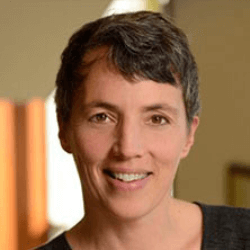
Sarah L. Szanton, PhD, ANP, FAAN
Sarah L. Szanton, PhD, ANP, FAAN researches ways to advance health equity through policy-relevant measurement and intervention. Szanton is the Dean and Health Equity and Social Justice Endowed Professor at the Johns Hopkins School of Nursing. Her three streams of research are on racial discrimination and resilience, developing ways for older adults to live independently as they age, and policy solutions for financial strain. She has received numerous honors for her work, including an NIH Pioneer award, the Heinz award and National Academy of Medicine membership.
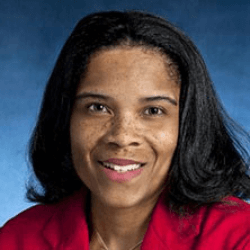
Deidra Crews, MD, ScM, FASN, FACP
Deidra Crews, MD, ScM, FASN, MACP researches ways to mitigate disparities in the care and outcomes of chronic kidney disease. Crews is a Professor of Medicine at the Johns Hopkins University School of Medicine and holds faculty appointments with the Center on Aging and Health and Center for Health Equity, where she is Deputy Director. Her research program aims to advance equity in kidney disease and hypertension outcomes by focusing on social drivers of health inequities. An elected member of the American Society for Clinical Investigation, Dr. Crews has received numerous awards for her research contributions, including the 2018 Johns Hopkins University President’s Frontier Award given to a faculty scholar on the cusp of transforming their field.

